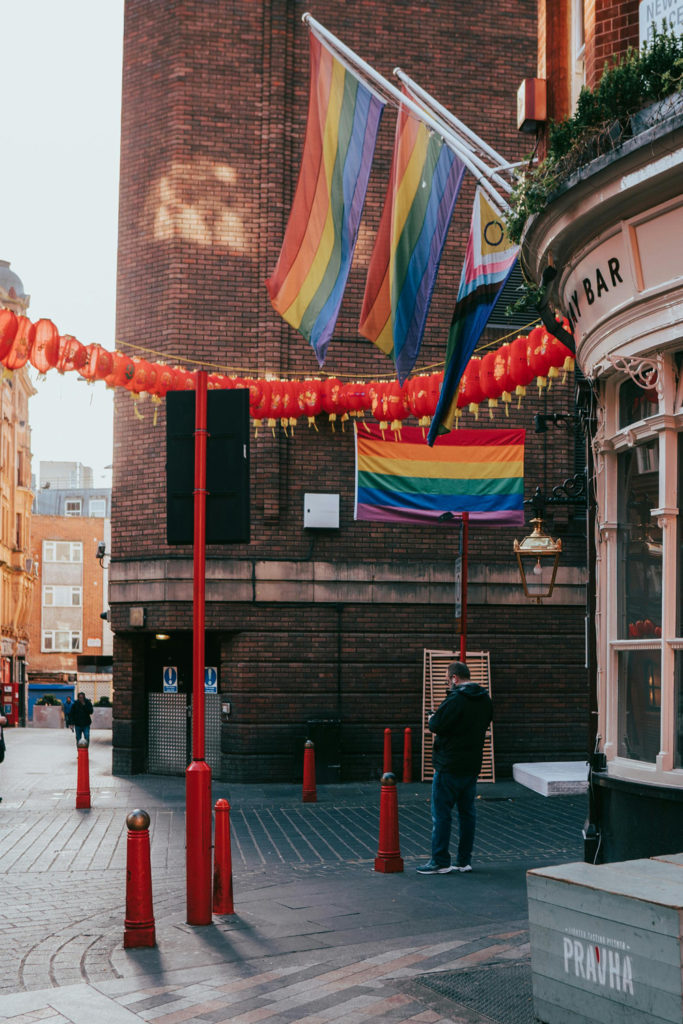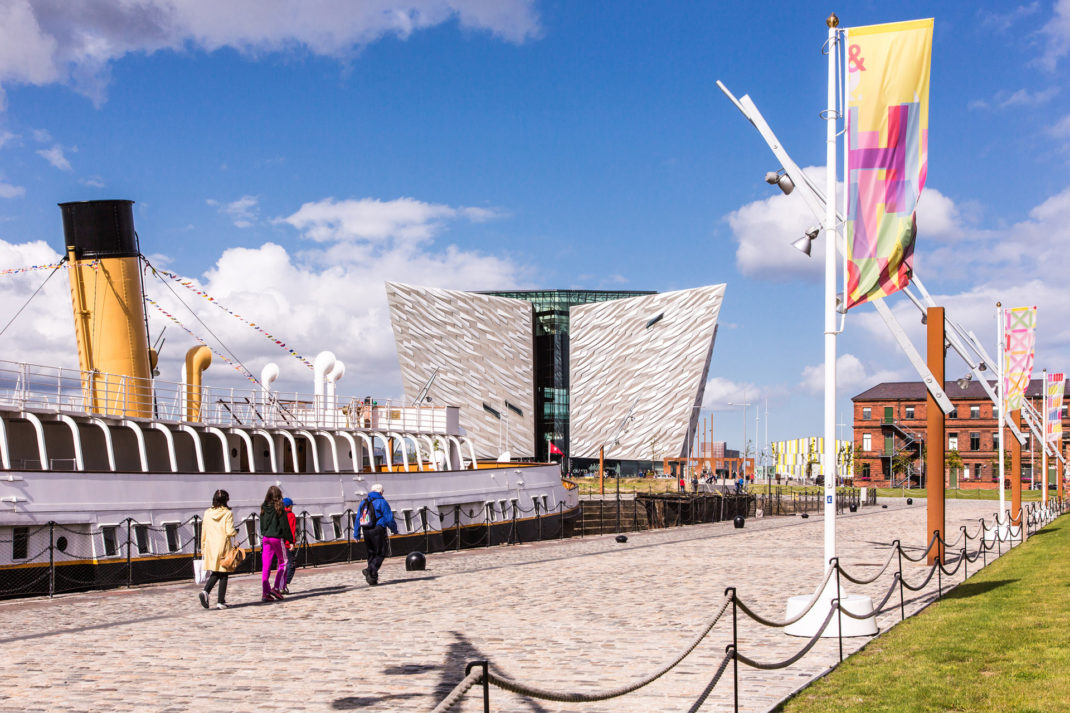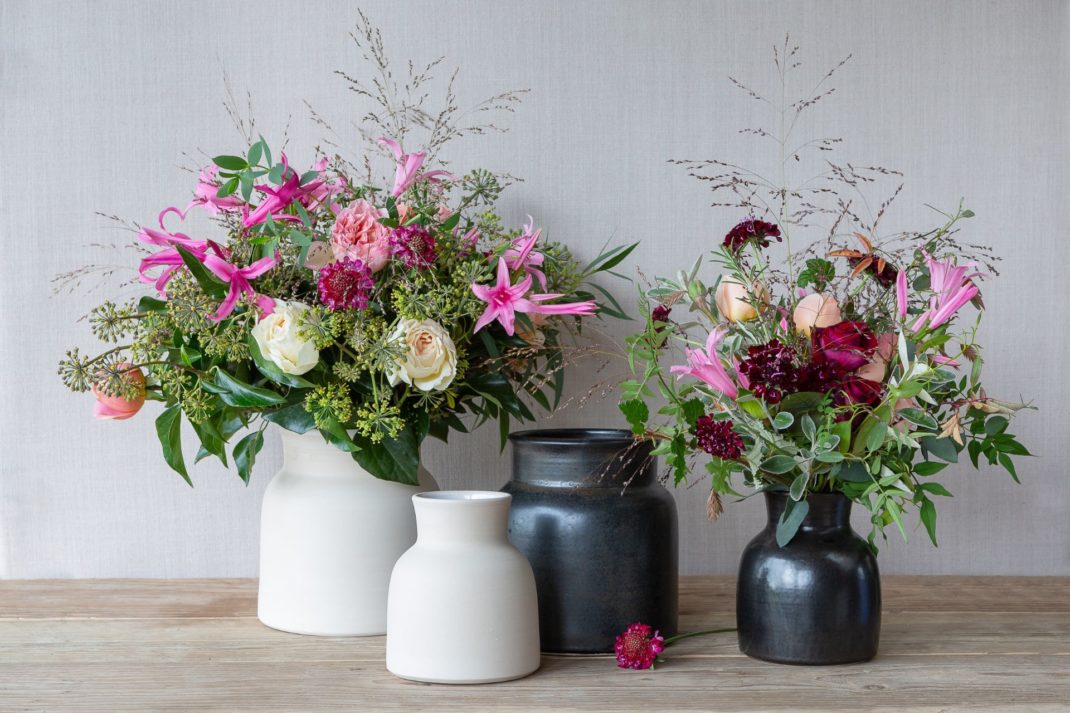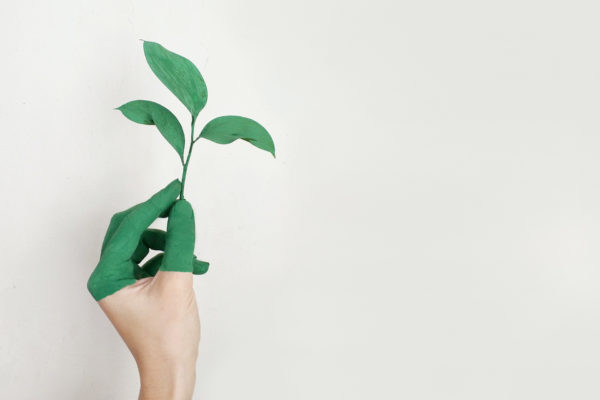The Green Coach: How Can We Deal With Eco-Anxiety?
By
2 years ago
How to cope with chronic fear of environmental doom

Ever been hit by eco-guilt for buying plastic-wrapped food? Or felt eco-confused over whether an aluminum can or a glass bottle was greener? Look no further. In our monthly column, Lucy Johnson, psychotherapist and founder of sustainable lifestyle consultancy Green Salon, will be tackling all our biggest questions and confessions about the complexities of living a greener life. Up this month: eco-anxiety.
The Green Coach: How Can We Deal With Eco-Anxiety?
Dear Lucy,
I try to feel relaxed about climate change, but every time I look at the news and every time it gets hot I feel really panicky. I don’t talk about it much because I’m not sure how that’s going to help. But I just can’t get away from this feeling of doom. It just feels so inevitable. What can I do to feel OK?
Lydia

Lucy Johnson, by Vicki Knights
Dear Lydia,
Thank you for having the courage to write in about your anxiety. Feelings of fear and panic around climate change are very real and I see them increasingly in my psychotherapy practice. They’re also very understandable. As you say, we are surrounded by news stories about the threat of climate change and we can no longer ignore the rising temperatures. In fact, anyone who reads the news about climate change is likely to have experienced some sensations of impending doom. The oldest part of our brain, the amygdala, is hardwired to react to danger in this way.
I sense from your letter that when you talk about climate change feeling so inevitable that you’re also struggling with feelings of powerlessness. I know how much this can then undermine our broader confidence as we’re left feeling scared – and helpless. This in turn, can leave us feeling there is no point in taking any action to reverse climate change as it’s futile, and we can get caught up in a downward spiral.
The first step to reversing this is to do exactly what you’ve done. Start talking about it. Not only does this help you feel less alone with your fears but it can also help you find other options for how to deal with your anxiety.
You don’t say if this is the case for you but often when people are anxious about climate change, they end up feeding this fear through doom scrolling reports on worst case scenarios. You do say, however, that you look at the news about it. To ease your anxiety it’s important to put limits on how much you read about climate change and to remember that worst case scenarios are exactly that, worst case.
Our responses of fear and panic are designed to hijack our nervous system. So a powerful way to counter this is to develop an inner safe space. This can be anywhere that you have visited where you felt calm and safe, a place you knew as a child, or an imagined place. Often with my clients that place is nature: a shady glade in an ancient forest or a burbling stream running over mossy rocks. It can be particularly powerful to develop that inner space when you are actually outside in nature, spending time in a park or forest, and then visualise it regularly so that you create a well-worn path to it in your imagination.
By regularly visiting this inner safe space, you’re resetting your nervous system so that when it feels overwhelmed it can move more freely between anxiety and a place of calm. This hands your mind back a sense of control. And it puts you in a position to start dealing with your fears. Despite our best efforts psychologically, what we resist persists. So when you are having intrusive thoughts and feelings about climate change, then trying to avoid them can be like trying to push a balloon under water. They simply pop up again in the form of anxiety.
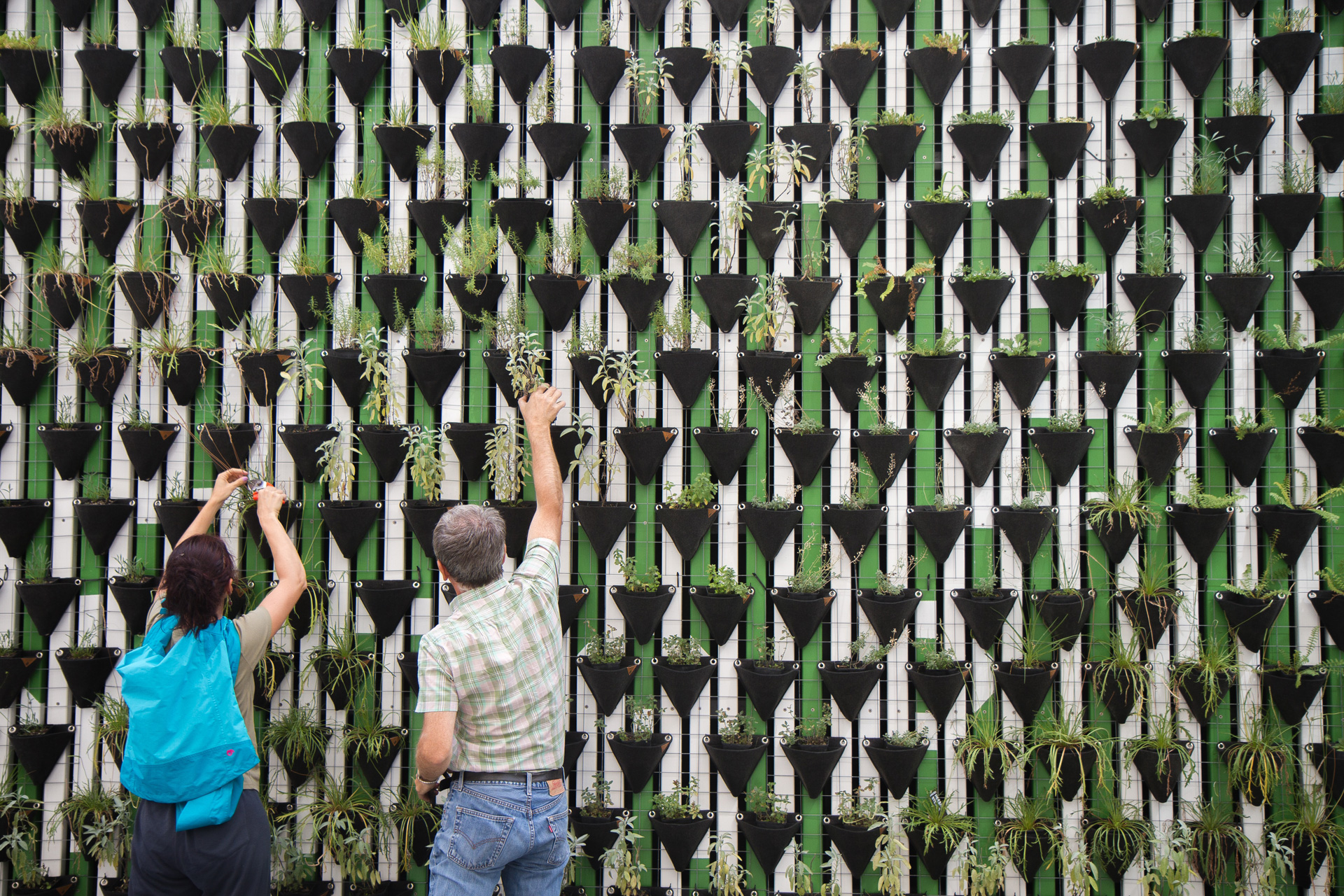
Knowing you have the safety net of your inner sanctuary can make a real difference. It means that your system can cope more resiliently with any intense emotions around the climate crisis, like fear, grief and despair. Rather than blocking these feelings, you can allow the emotions to move through you until they’re done. While the intensity of our emotions can make it feel like they’re never going to end, they do. This is why we talk about emotions as waves. Once dissipated, other more enjoyable feelings take their place, as our minds move on to the next thing.
Making space for your emotions also allows you to listen to what they are telling you. What is your fear about the state of the planet telling you? What can you do in response to this? What actions could you take? We know that taking action on climate change, on a personal basis or in bigger community projects, can help to lower anxiety as you become part of a wider movement to protect the planet. It also means that rather than sitting alone with your fears you can share them with others who understand and are also acting on them. This can ease the pressure on yourself, knowing that you can’t change everything but you can do something.
Finally, you don’t say in your letter if your level of anxiety has been getting in the way of your ability to go about your daily life. If this is the case, there are a number of psychotherapists with experience in eco-anxiety who can support you. You can find experienced psychotherapists and counsellors on Counselling Directory.
Lucy Johnson is the founder of Green Salon, a sustainable lifestyle consultancy, and a qualified psychotherapist. Got a dilemma? Email it to Lucy at [email protected]

